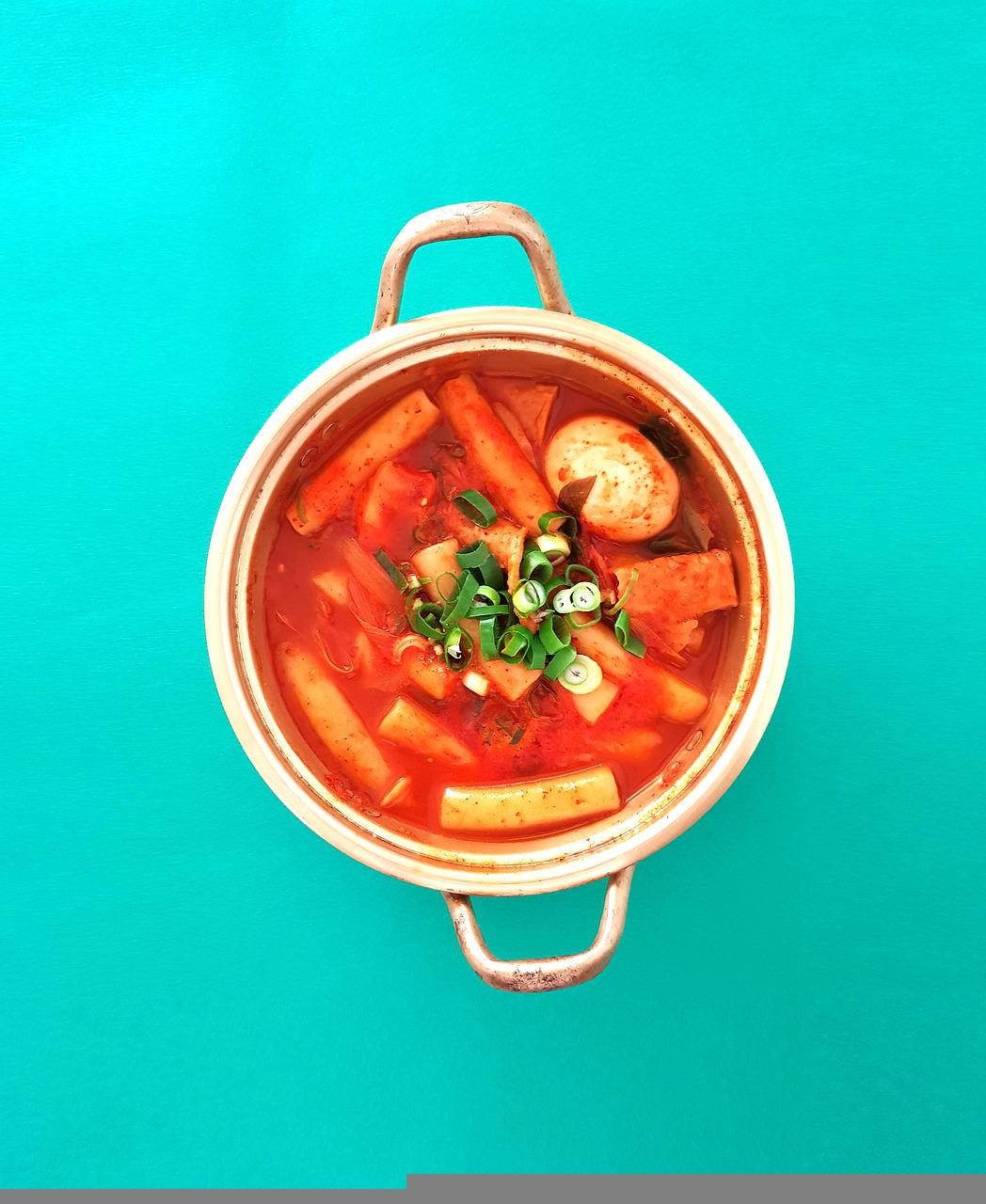PSYCHIATRIST: So how can I help you?
ME: I don’t know, I’m – what’s the word – depressed? Do I have to go into detail?
With dialogue like this, it’s no wonder that ‘I Want to Die But I Want to Eat Tteokbokki’ became a national best-seller (and then sleeper international hit).
Written by Baek Sehee, a high-flying social media director, the novel is part-memoir, part-self help book that tackles mental health and the (unsaid) everyday pressures that we face in our lives. It has received praise from both the domestic and international market – and was even on the reading list of RM, the leader of the worldwide famous boyband BTS.
What made the book so relatable? We delve into a few key themes of the novel and how it’s relevant to our daily lives.
There is no shame in seeking help.
The book is made up of transcripts of Baek’s conversations with her psychiatrist, after she decides that she needs professional help for her mental health issues. From Baek’s sharing, we can observe how depression can exert a considerable influence over our mood and ability to function – even when it is subtle enough to remain unnoticed.
Perhaps one of the reasons for why this book became so popular was its frank discussion of mental health. It also helped to bring to prominence the structures in place that can help us. This is especially significant in the context of a more tight-lipped South Korea. As we see Baek come into certain revelations of her own, it’s clear how professional support can alleviate our suffering and help us along our personal journey of recovery.
Through her experience, we understand: there is nothing wrong in getting professional help. In fact, it could help to significantly improve our mental health instead. Baek reminds us, sharply, through her novel that above all, mental health is the most important. This is more pertinent than ever, given the traumatic ups-and-downs of Covid-19 and the increasing number of individuals suffering from burn-out.
It can be exhausting to deal with the societal pressures on ourselves.
In one of her discussions with her psychiatrist, Baek brings up the example of how labelling someone as a ‘good listener’ can put pressure on them to constantly live up to this role. She is acutely aware of her place in society and the role that others expect her to play. While South Korean society does place an emphasis on societal roles, this is something that we may see reflected in our own lives as well.
At one point, her psychiatrist tells her:
“Take control and responsibility for your actions instead of caring so much about what other people think.”
At our core, humans are social creatures and we can’t help but worry about what our community thinks of us. We have the innate need to fit in and be liked. This can come at the cost of who we are and what we stand for.
However, this worry can cripple us if we let it overtake our entire being. What we can take away from the book is that we need to stand our ground, at times, and learn what we independently believe in, regardless of society.
On a meta-level, this is already proved by the existence of this book: a lucid and powerful discussion of mental health in a more conservative society. One could read into the production of this book as a casting aside of societal expectations, and of Baek speaking her own story.
In this way, she encourages us to do the same. It’s unnecessary pressure to live up to societal norms – so why not, forge our own paths instead?
There are no easy answers.
Readers of the book may be disappointed to find that Baek doesn’t automatically find a solution to the problems that are plaguing her. There is no neat happy ending at the end of the book – after all, that’s exactly what life is.
While getting professional help can improve one’s mental health, it’s not a silver bullet that would cure everything at a go. Doing a search online also shows that some readers may even disagree with the methods used by Baek’s psychiatrist, saying that the advice given was too general and repetitive to be helpful.
All of this reminds us that there are no easy solutions when it comes to maintaining our mental health. Working on ourselves is a never-ending on-going journey, with many ups and downs along the way. A long continuous process, we can only keep choosing to work on ourselves everyday and continue to try our best for the good of our own minds.
Ultimately, the book is an assurance to us that we are not alone in our journey. As Baek writes:
“In the end, my hope is for people to read this book and think, I wasn’t the only person who felt like this; or, I see now that people live with this.”
For those who are struggling with their mental health, ‘I Want to Die But I Want to Eat Tteokbokki’ may be a soothing balm for your mind. Although not all advice may be applicable to you, Baek’s words may still provide you with an insight into how you’re feeling and what you can do about it.
Apart from this sharing, there are many other life lessons that you can glean from the book. Find a quality summary of Baek’s writing (and many other top-selling Asian works) on the NexPage app, which is available on both Apple App Store and Google Play Store.


